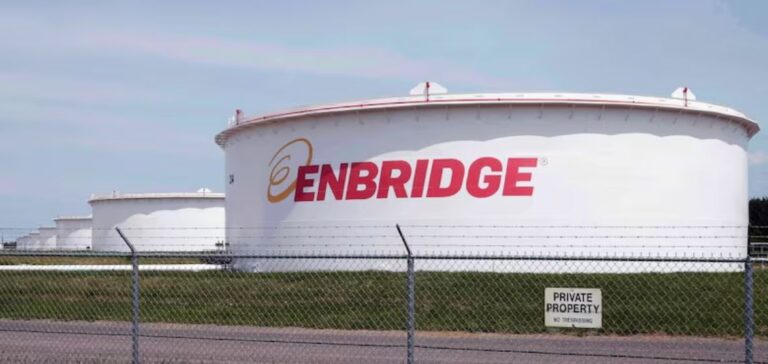Enbridge Inc. announced an agreement with the Stonlasec8 Indigenous Alliance Limited Partnership, representing 36 First Nations in British Columbia, for the acquisition of a 12.5% stake in its Westcoast natural gas pipeline system. The investment amounts to CAD715mn ($524mn), subject to customary closing conditions and adjustments.
A transaction backed by a federal guarantee
The deal is supported by a CAD400mn ($293mn) loan guarantee from the Canada Indigenous Loan Guarantee Corporation (CILGC), a subsidiary of the Canada Development Investment Corporation (CDEV). This mechanism is designed to increase Indigenous participation in critical energy infrastructure.
The Westcoast pipeline system, in operation for more than 65 years, crosses several traditional territories of the involved First Nations. It plays a vital role in the distribution of natural gas across Western Canada and remains a key element in the country’s energy supply chain.
Direct economic benefits for Indigenous communities
Chief David Jimmie, President of Stonlasec8 and Chief of the Squiala First Nation, described the deal as a major step forward in the distribution of economic returns from infrastructure operations. He noted that revenues from the stake will fund housing, infrastructure, cultural preservation and environmental management projects within the communities.
Enbridge, which has developed economic partnerships with Indigenous communities for several years, considers this agreement a strategic milestone in its Indigenous Reconciliation Action Plan. Enbridge President and Chief Executive Officer Greg Ebel indicated that similar projects are currently being explored across the country.
A replicable model at national level
CDEV President and Chief Executive Officer Elizabeth Wademan praised the rapid establishment of CILGC and its catalytic role in this complex transaction. Canadian Minister of Finance François-Philippe Champagne said the loan guarantee is part of a federal strategy to enhance Indigenous economic participation.
Minister of Energy and Natural Resources Tim Hodgson described the transaction as a federal model of cooperation between Indigenous leadership and resource development. The deal is expected to close by the end of Q2 2025, pending completion of required financial arrangements.






















